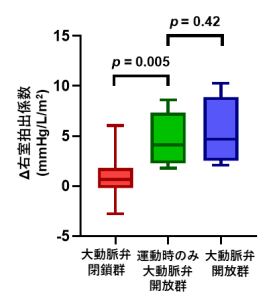2025-06-12 中国科学院(CAS)
<関連情報>
- https://english.cas.cn/newsroom/research_news/chem/202506/t20250612_1045481.shtml
- https://www.pnas.org/doi/10.1073/pnas.2426660122
ネクロプトーシスとアポトーシスのチェックポイントとしてのPARP12を介したモノADPリボシル化 PARP12-mediated mono-ADP-ribosylation as a checkpoint for necroptosis and apoptosis
Xin Huang, Fangxia Li, Lin Liu, +7 , and Heling Pan
Proceedings of the National Academy of Sciences Published:June 9, 2025
DOI:https://doi.org/10.1073/pnas.2426660122
Significance
PARP12 has been implicated in regulating inflammation and antiviral responses. However, the specific substrates and mechanisms of PARP12 action remain unclear. Our research demonstrates that PARP12 catalyzes the mono-ADP-ribosylation (MARylation) of RIPK1 and RIPK3, two key kinases involved in regulating cell death pathways and immune responses. Our study suggests that PARP12 may promote viral replication by regulating necroptosis and interferon pathways upon influenza A virus infection. As a potential substrate of PARP12, RIPK1 may play a significant role in antiviral responses. This study suggests PARP12 as a potential therapeutic target against influenza virus infection.
Abstract
Necroptosis and apoptosis are two alternatively regulated cell death pathways. Activation of RIPK1 upon engagement of TNFR1 by TNFα may promote necroptosis by interacting with RIPK3 or apoptosis by activating caspases. RIPK1 is extensively regulated by a variety of dynamic posttranslational modifications which control its kinase activity and formation of downstream complexes to mediate necroptosis and apoptosis. Here, we investigate the functional significance and mechanism by which PARP12, a mono-ADP-ribosyltransferase, interacts with RIPK1 and RIPK3 in cells stimulated by IFNγ and TNFα. We show that PARP12 catalyzes the mono-ADP-ribosylation (MARylation) of RIPK1 in both the intermediate domain and the kinase domain, as well as the MARylation of RIPK3. PARP12 deficiency reduces necroptosis by inhibiting the activation of RIPK1 kinase and its interaction with RIPK3, as well as sensitizes to apoptosis by promoting the binding of RIPK1 with caspase-8. Thus, upon induction by IFNs, PARP12 may function as a cellular checkpoint that controls RIPK1 to promote necroptosis and inhibit apoptosis. Importantly, while PARP12 is a known interferon-stimulated gene (ISG), PARP12 deficiency promotes the expression of a subset of ISGs and confers protection against influenza A virus-induced mortality in mice. Our study demonstrates that PARP12 is an important modulator of cellular antiviral response.


